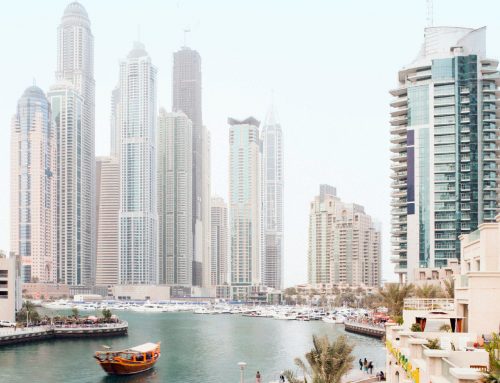The environmental impact of the UK’s travel industry is coming under renewed governmental scrutiny in light of a new sustainable tourism inquiry by Parliament’s Environmental Audit Committee (EAC), announced on July 18.
In evaluating the impact of the UK’s tourism and travel industry on the environment, and how this can be reduced, the EAC inquiry will question the effectiveness of the sustainable tourism practices put in place by operators. It will also consider whether the government could play a more active role in making the UK’s inbound and outbound tourism more sustainable, and whether there is a need to introduce taxes or incentives to boost sustainable practices.
The EAC will also evaluate how the current performances of the government and the travel industry measure up in terms of achieving green targets such as the UN’s Sustainable Development Goals (SDGs) and the Government’s own pledge to achieve ‘net zero’ carbon emissions by 2050.
Commenting on the inquiry’s launch, MP and EAC Chair Mary Creagh acknowledged that travel and tourism was one of the fastest growing economic sectors in the world and had the power to deliver economic growth while helping to protect the environment and alleviate poverty. However, she also pointed to the need to tackle potentially damaging issues such as overtourism.
“Now that summer is here, families are looking forward to a well-earned holiday,” she commented. “But when we book a cruise, flights or visit a popular tourist destination, it’s easy to forget about the environmental impact our holidays are having.
“The industry 5% to global greenhouse emissions, putting our net zero by 2050 target at risk. While there are some sustainable practices, we want to look closely at the Government’s actions to ensure the economic, social and environmental impacts of tourism are minimised.”
As part of its information-gathering process, the EAC is inviting written responses in response to a number of related questions and issues.
The deadline for submissions is 17.00 on Friday 13 September. The EAC will publish its findings in a report early next year.






